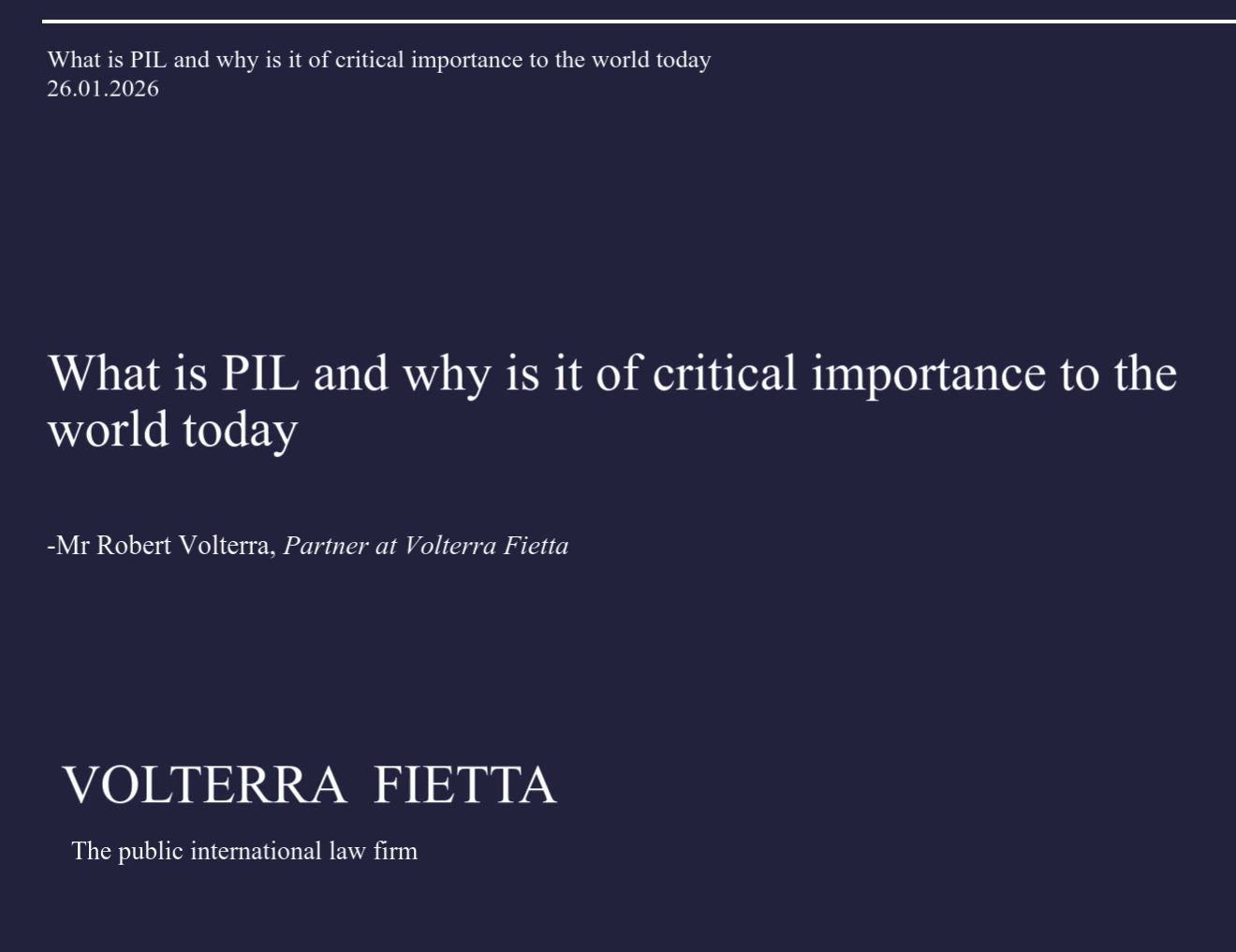By Robert G Volterra and Álvaro Nistal
The COVID-19 pandemic cannot properly be described as unprecedented. In the 20th century alone, three influenza pandemics caused a total estimate of between 22 to 58 million deaths. Similarly, several major epidemics have already marked the 21st century. Old diseases like cholera, plague and yellow fever have returned and new ones have emerged, including SARS, MERS and, now, COVID-19.
When it comes to pandemics, no country is an island unto itself. Conscious of that fact, from the 19th century States have adopted a series of public health treaties that require inter‑State cooperation. The most relevant and recent iteration is the WHO’s International Health Regulations (2005). The IHRs seek to protect against the “international spread of disease” in ways that avoid unnecessary interference with international traffic and trade. They require all or virtually all States in the world to cooperate with each other, including by timely reporting “public health emergencies of international concern” and by strengthening their national preparedness and response systems.
Yet during the initial phase of the COVID-19 pandemic, there has been less cooperation amongst countries than epidemiologists stipulate. Contrary to the WHO’s express recommendations, numerous countries have sealed their borders, often preventing medics from assisting vulnerable and unprepared populations. Other States are acting in beggar-thy-neighbour ways, in a global race to secure medical supplies. Still others have failed to share vital information. The list goes on.
Part of the reason is that the IHRs do not create sufficiently enforceable obligations. The WHO recommendations issued under that instrument constitute merely “non-binding advice”. The IHRs also lack effective mechanisms to ensure State compliance with their mandatory rules. Multiple States appear to have breached their obligations regarding the timely reporting of public emergencies, the development of core health capabilities and/or the prevention of measures that unjustifiably interfere with international traffic and trade.
Crucially, the IHRs also lack effective mechanisms to hold States accountable for violations of that instrument. They do not empower the WHO to issue sanctions. They allow States to submit their disputes to the WHO Director-General and to international arbitration before the Permanent Court of Arbitration. However, the IHRs do not compel States to do so. Coupled with the IHR provisions’ high degree of auto-interpretation, this means that States are effectively judges in their own case.
At the core, the simplest explanation is that governments have not yet felt pressure to establish a pandemic suppression system with stronger legal force. Perhaps the COVID-19 pandemic will change that.
Countries could decide to amend the IHRs to address its shortcomings. But a number of factors militate against creating that convention under the auspices of the WHO, a specialised health agency that was not designed to address the far reaching, potentially contentious, implications of pandemics within international law. Alternatively, States could adopt a new international agreement that contained comprehensive, scientifically-informed, enforceable obligations: a Convention on Pandemic Suppression.
Properly crafted, a COPS would provide for obligatory early-stage reporting and information sharing, ensure access to medical equipment and prohibit hoarding. It also would require long-term, closely-monitored preparedness, address intellectual property concerns to facilitate rapid vaccine production and contain binding dispute resolution mechanisms to remedy breaches. It should foster international solidarity, influenced by enlightened self-interest, which acknowledges that developed States are neighbours with less developed States from which unsuppressed pandemics could arrive.



